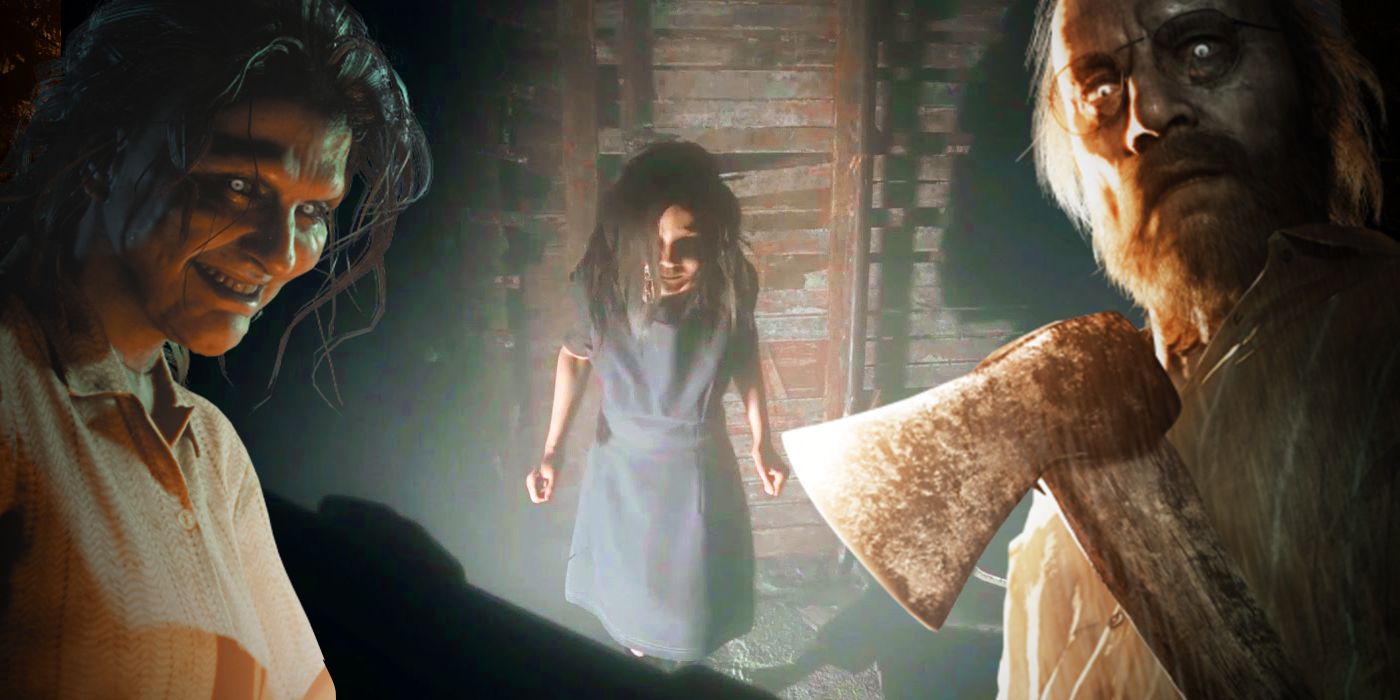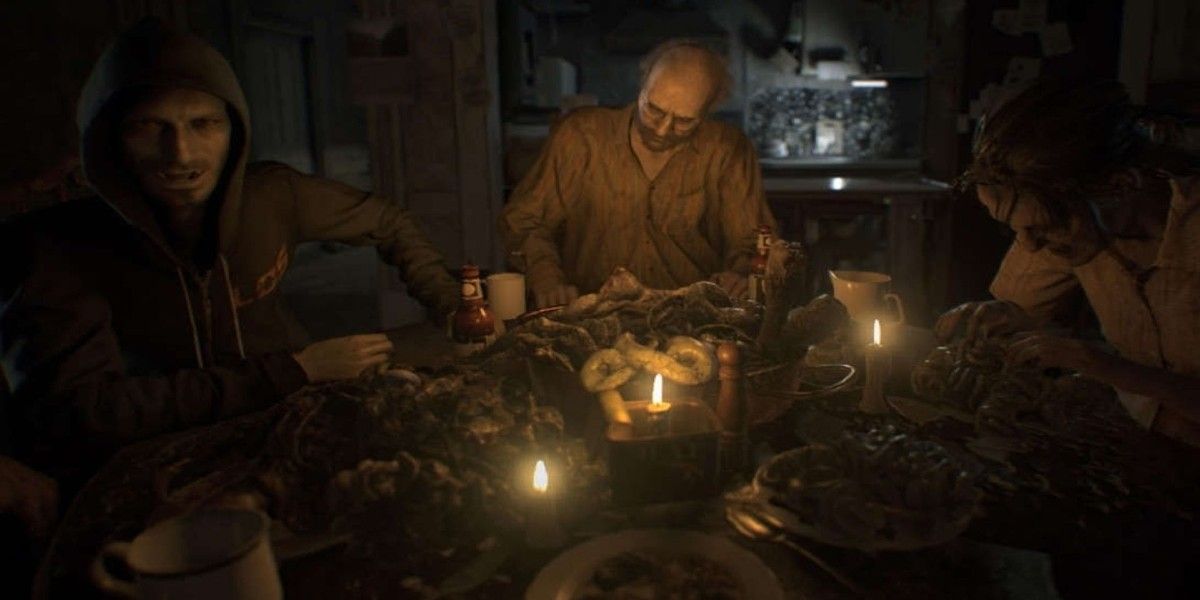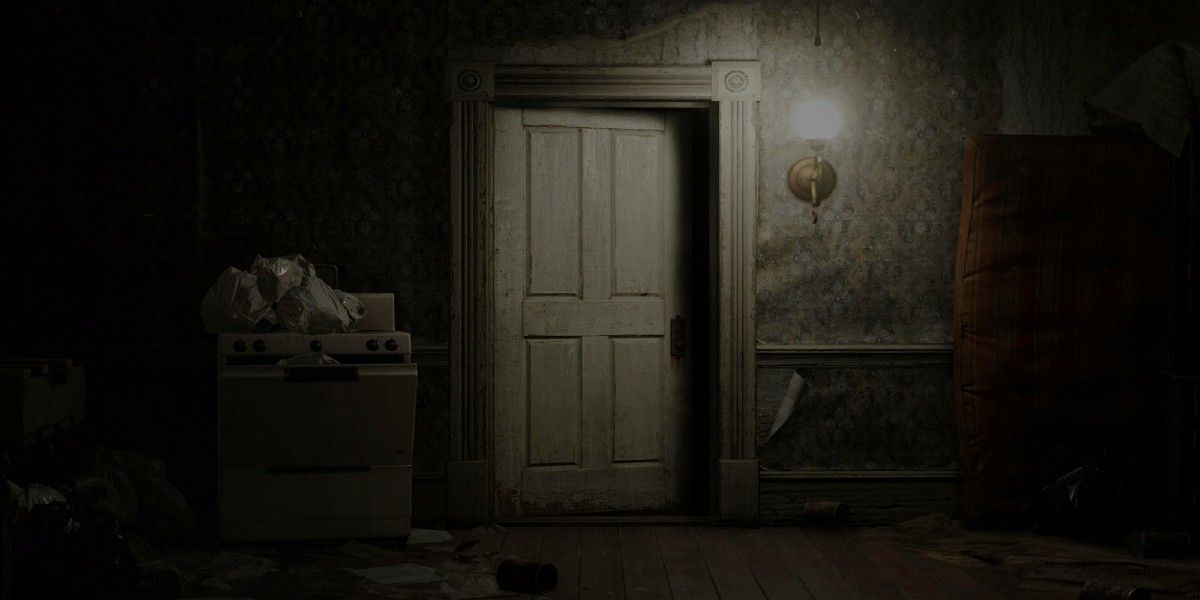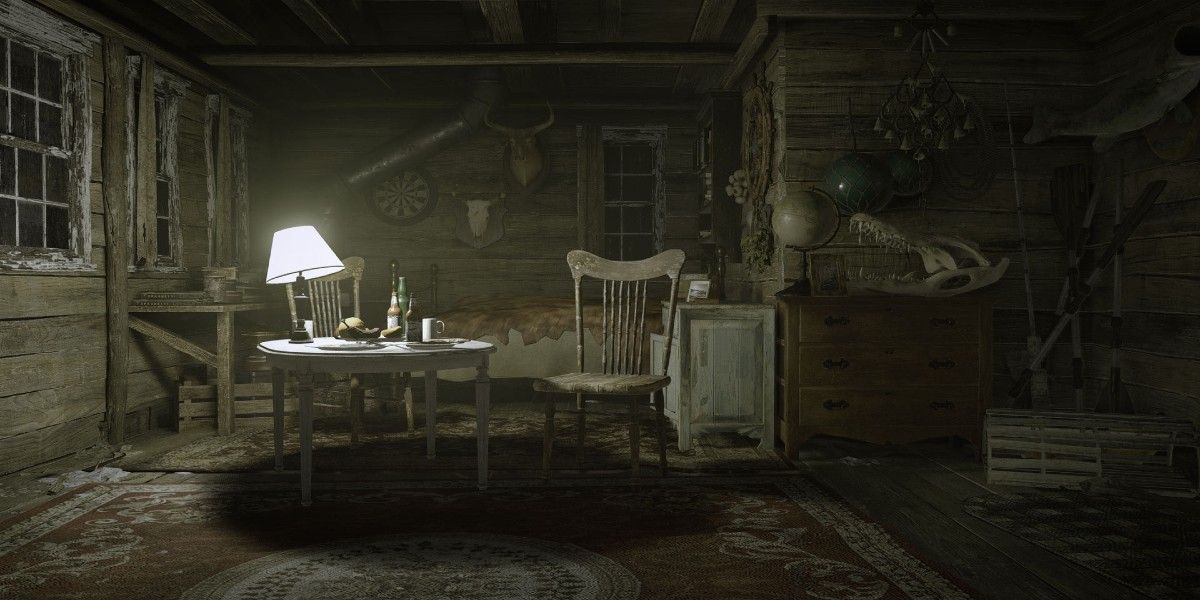Initially, fans were not sold on Resident Evil 7: Biohazard. Capcom broke with series' conventions by featuring a first-person perspective for the first time and setting the game in a rural location instead of the zombie-filled Raccoon City of previous installments. Longtime fans of the series were wary of changes. However, upon its 2017 release, Resident Evil 7 proved these modifications were for the better.
Resident Evil 7 returned to the series' survival-horror origins. Exploration-focused gameplay replaced nonstop action, which was precisely what players were looking for from the series credited with defining the genre. With over eight million copies sold, RE7 has become the best-selling title in the long-running game series. Let's breakdown the reasons why the latest installment rose to the top.
Breaking the Mold
The story follows the new protagonist, Ethan Winters, who is searching for his wife in a desolate farmhouse occupied by a cannibalistic family. Ethan is a refreshing face. He's a capable fighter, but his skills are civilian compared to the usual military characters seen in the franchise. With serious Texas Chainsaw Massacre vibes, Resident Evil 7 transplants players from the typical urban setting into a dimly lite farmhouse that evokes feelings of isolation and terror. Ethan must explore the winding halls gathering resources, solving puzzles and unloading round after round into mutated monsters.
Resident Evil 7 is the first main series game to be in first-person. Players were skeptical of Capcom's decision, and the game's PlayStation VR may have been a factor in the POV change. Regardless of the reasoning, this was extremely effective for upping the suspense. It immersed players in a way other Resident Evil installments could not fully achieve through third-person perspectives. Players became Ethan Winters, creeping down the dark hallways and searching cobweb-filled rooms.
The Return of Survival Horror
The original Resident Evil game is credited with defining the survival-horror genre when it released in 1996. The series' legacy is immense, spawning a series of comics and the highest-grossing video game to film adaptation of all time. Resident Evil 7 contains limited resources and exploration-based gameplay, both callbacks to the franchise's origins. Resident Evil 7 isn't just about unloading unlimited ammo into enemies; it requires critical thinking and supply management. The enemies are tough, and boss fights are challenging.
At the same time, Resident Evil 7 retained familiar aspects of previous installments. Of course, the infamous Umbrella Corporation makes an appearance, and the signature zombie-like creatures are plentiful. By returning to the series' survival horror roots, Resident Evil 7 successfully balanced new concepts with existing lore. Although the game was different from what fans were used to, Capcom was able to create an atmosphere that continuously reminded players that they are playing a Resident Evil game.
Why Biohazard Works
Resident Evil 7 was able to update and retain the core of the iconic series. Despite initial hesitation from fans, RE7 received overwhelmingly positive reviews, snagging the top spot on some "Best Horror Game" lists. Critics praised the game's pacing, graphics and design, with Destructoid's Zack Furniss calling it "masterful" and comparing it to the balanced blend of comedy and horror of the cult Evil Dead film franchise.
From what we know about the upcoming Resident Evil Village, it seems that Capcom is retaining the best elements of RE7. Gameplay will remain in first-person, and the story will again focus on Ethan Winters. Plus, it looks the series will continue to try new things, with the shocking introduction of werewolves highlighting Capcom's versatility and willingness to explore new tropes.




